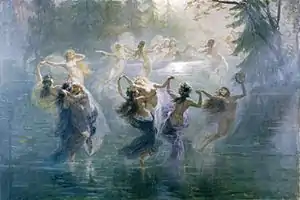Gallerie di Piazza Scala
The Gallerie di Piazza Scala (or Gallerie d'Italia - Piazza Scala) is a modern and contemporary museum in Milan, Italy. Located in Piazza della Scala in the Palazzo Brentani and the Palazzo Anguissola, it hosts 195 artworks from the collections of Fondazione Cariplo with a strong representation of nineteenth century Lombard painters and sculptors, including Antonio Canova and Umberto Boccioni. A new section was opened in the Palazzo della Banca Commerciale Italiana on October 25, 2012 with 189 art works from the twentieth century.
 | |
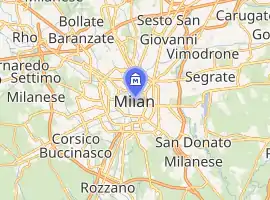
| |
| Established | November 3, 2011 |
|---|---|
| Location | Piazza della Scala 6 Milan, Italy |
| Coordinates | 45.468269°N 9.191024°E |
| Director | Andrea M. Massari |
| Website | www |
During the 2017 Corporate Art Awards Ceremony hosted by the President of the Italian Republic Sergio Mattarella at the Quirinal Palace,[1] Gallerie di Piazza Scala received a special award as “Patron of the XXI century”.[2]
Nineteenth Century
Section I: Canova bas reliefs
The works of Antonio Canova in Rezzonico reliefs. Between Socratic Homeric epics and ethics, between Christian virtues and enlightened philanthropy (Rooms 1, 2, 3 and 4).
| Artworks |
|---|
|
Section II: Hayez and painters of Romanticism
Francesco Hayez and the great romantic themes. Between historic painting and melodrama (Room 5).
| Artworks |
|---|
|
Section III: Giovanni Migliara and Vedutistas of the Romanticism
Giovanni Migliara and the picturesque charm of the ancient monuments. Molteni, Pietro Ronzoni, il Piccio, Angelo Inganni, protagonists of the Lombard Romanticism (Rooms 6 and 7).
| Artworks |
|---|
|
Section IV: historic depictions of the Risorgimiento
Gerolamo Induno, Sebastiano De Albertis and the Risorgimento (Rooms 8 and 9).
| Artworks |
|---|
|
Section V: Vedute of the Cathedral of Milan
The image of Milan in the view and perspective of painting. The cathedral (Rooms 10, 11, 12 and 13).
| Artworks |
|---|
|
Section VI: Vedute of Navigli
The image of Milan. The popular appeal of the Navigli (Room 14).
| Artworks |
|---|
|
Section VII: Lombard Vedute
The Lombard landscape. Between the evocative poetry of Manzoni and the quest for truth. (Room 15).
| Artworks |
|---|
|
Section VIII: Revival of the Bourgeois Salon
The revival of the eighteenth century in the bourgeois salon (Room 16).
| Artworks |
|---|
|
Section IX: genre scenes
The genre painting. Scenes from the life of the people (Rooms 17 and 18).
| Artworks |
|---|
|
Section X: from the Macchiaioli to the Divisionists
From the Macchiaioli to the Divisionists. The atmospheric trial on the real (Room 18).
| Artworks |
|---|
|
Section XI: Alpine vedute
Alpine painting. From the sublime poetry to the landscape as an expression of feelings and emotions (Rooms 19 and 20).
| Artworks |
|---|
|
Section XII: Symbolism
Symbolism. Between nature and allegory (Rooms 21 and 22).
| Artworks |
|---|
|
Section XIII: Umberto Boccioni. From Pointillism to Futurism
Umberto Boccioni. From Pointillism to Futurism (Room 23).
| Artworks |
|---|
|
194. Tre donne (La madre, la sorella e la modella Ines), 1909–1910 195. Officine a Porta Romana, 1910 196. Donna in giardino, 1910 197. Campagna con alberi e ruscello (Rio), 1908 |
Twentieth Century
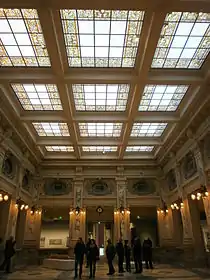
Ouverture 1
- Section 1, Room 1: The memory of the image and its repression
- Section 2, Rooms 2-3-4: Lucio Fontana, Spatialism and the Nuclear Movement
- Section 3, Room 5: "Concrete" Abstract art between the Forties and the Fifties (MAC - Movimento Arte Concreta)
- Section 4, Room 6: Painting beyond painting. Action, tracks, imprints
- Section 5, Room 7: Forms of Informel
- Monographia 1, Room 8: Colour as a plastic form. A journey through a form of abstraction
- Monographia 2, Room 9: Emilio Isgrò, Italian Time
- Section 6, Room 10: Programmed and Kinetic art
Ouverture 2
- Section 7, Room 11: The Sixties: signs, words, narratives
- Section 8, Room 12: The Sixties: things, images
- Section 9, Room 13: Around Arte Povera
- Section 10, Room 14: Conceptual practices
- Section 11, Room 15: Constructivist ideas
- Section 12, Room 16: Late twentieth century perspectives
Artworks
| Full list |
|---|
|
See also
 Media related to Gallerie di Piazza Scala (Milan) at Wikimedia Commons
Media related to Gallerie di Piazza Scala (Milan) at Wikimedia Commons- Art collections of Fondazione Cariplo
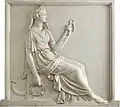
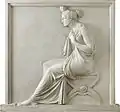
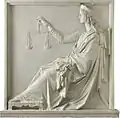








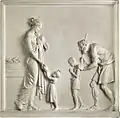











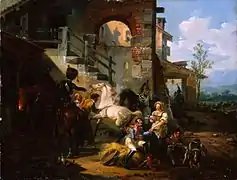




.jpg.webp)

.jpg.webp)



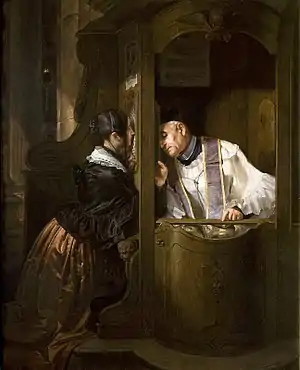
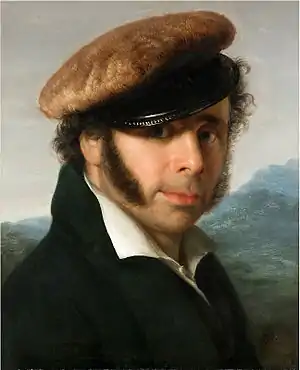





.jpg.webp)
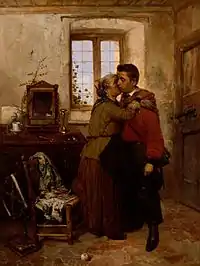








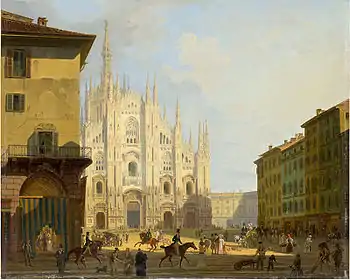



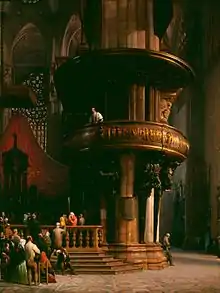

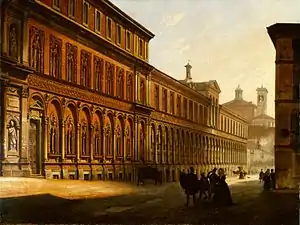



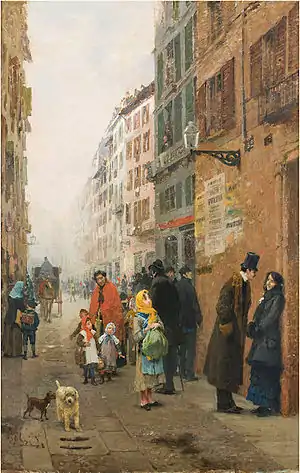

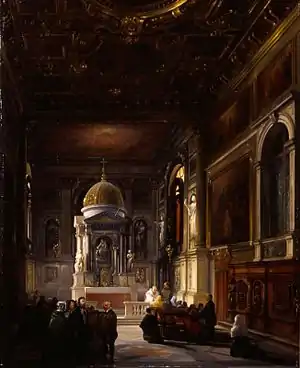

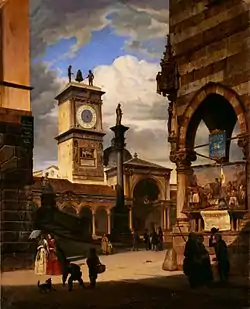
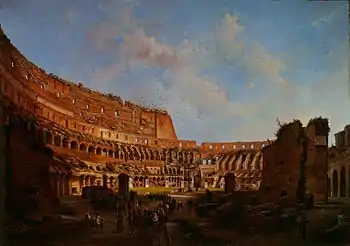


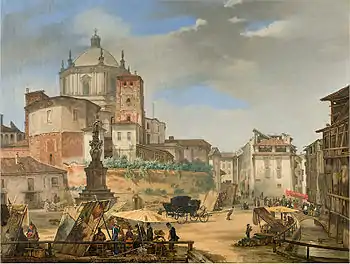









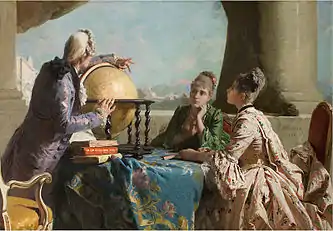






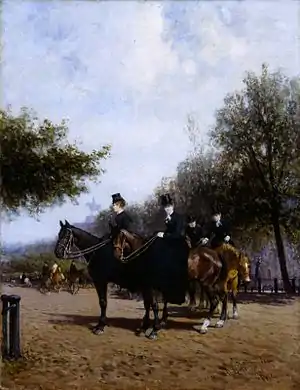





.jpg.webp)


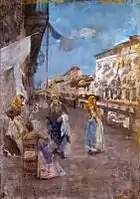

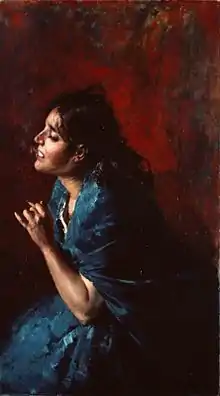
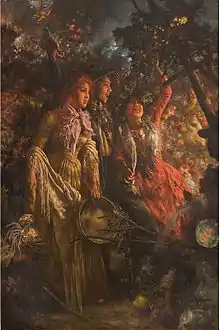




.jpg.webp)

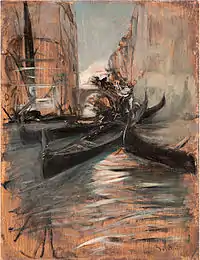

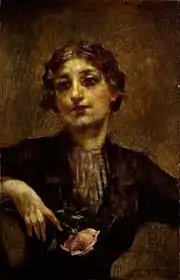
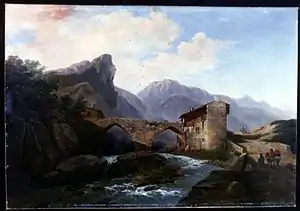

_o_Il_Sempione_dal_Lago_Maggiore.jpg.webp)
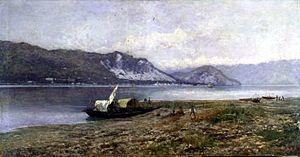






.jpg.webp)



_o_Preghiera_o_Per_i_poveri_naufraghi.jpg.webp)


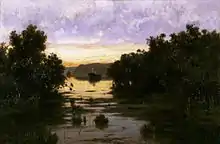

.jpg.webp)

